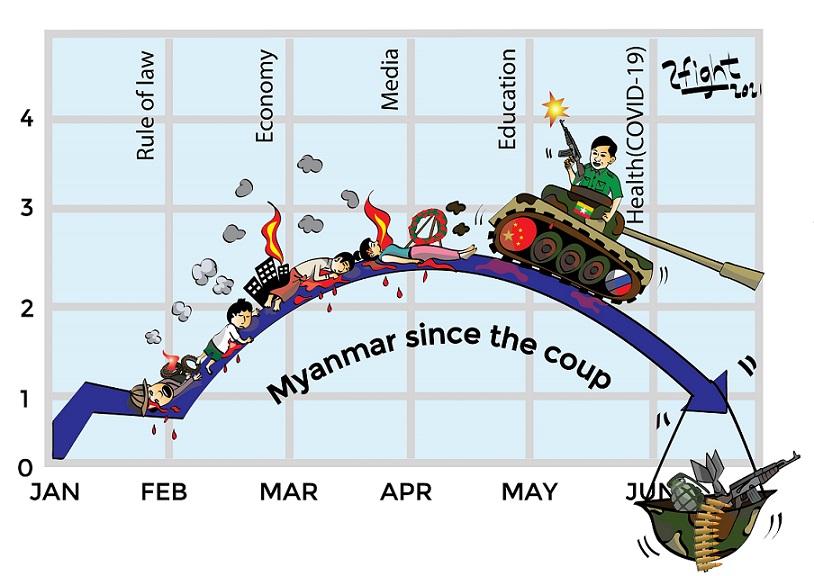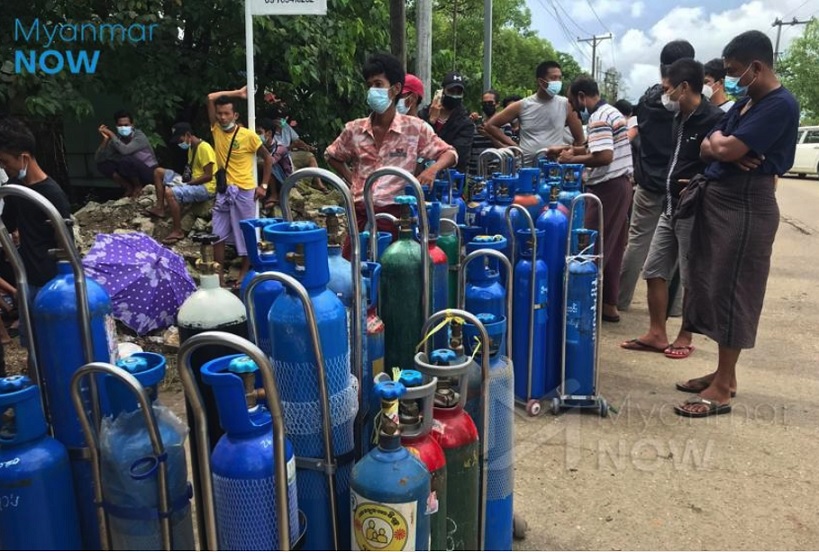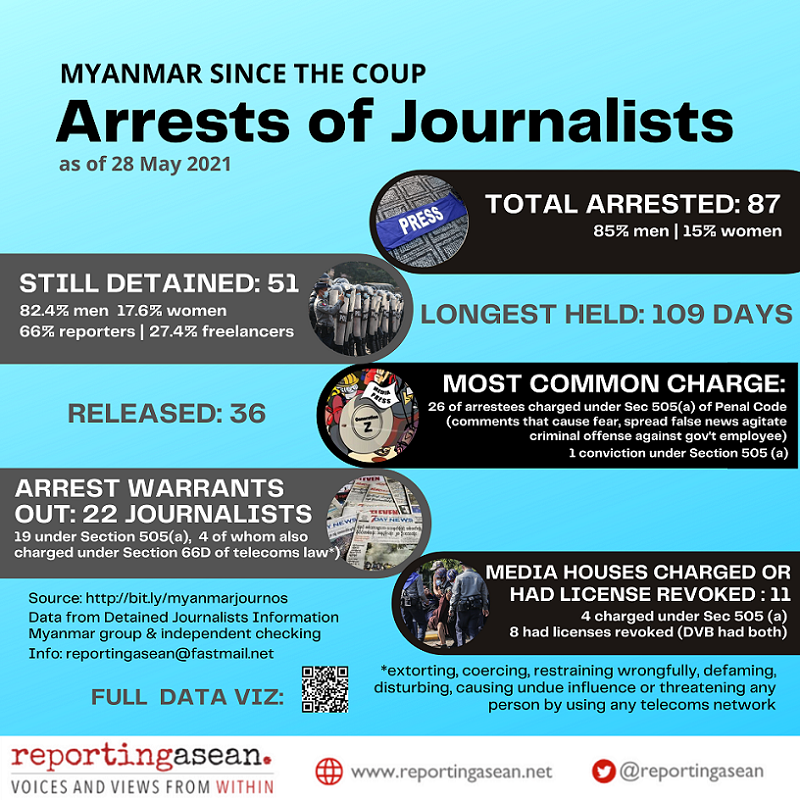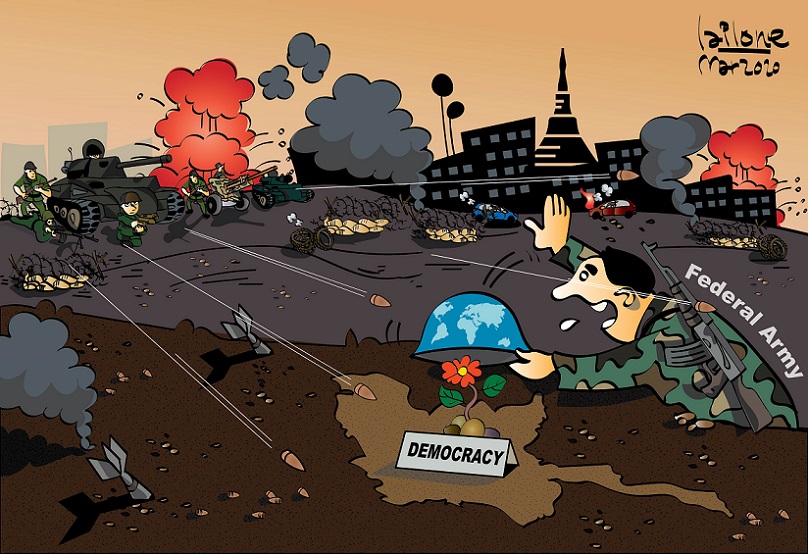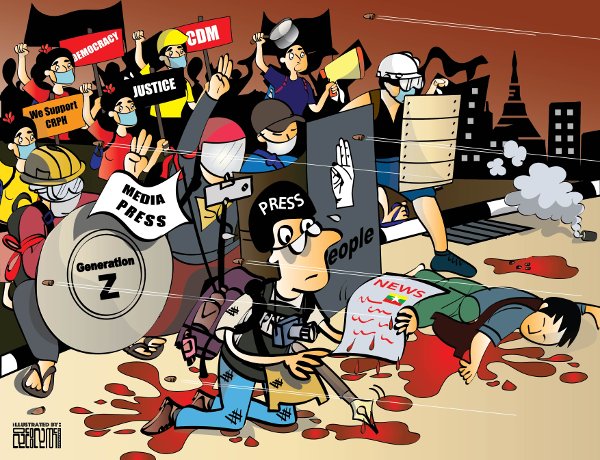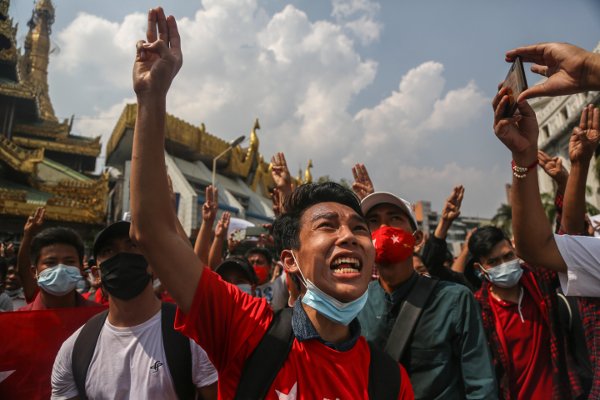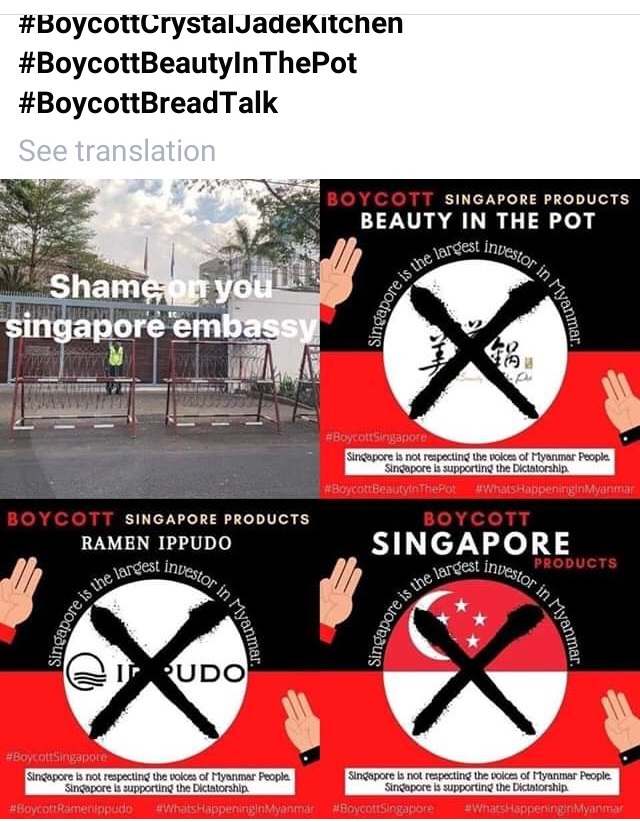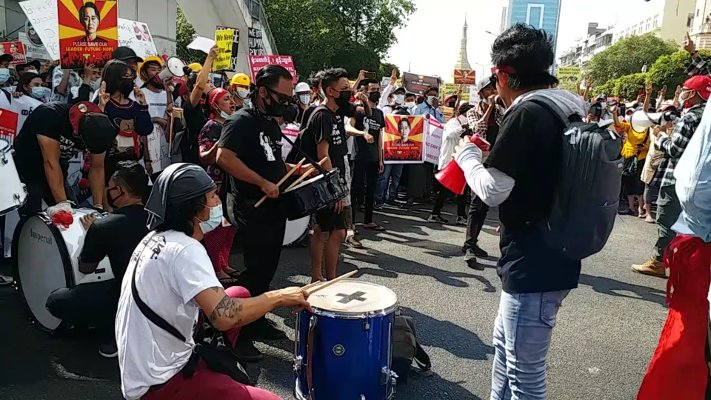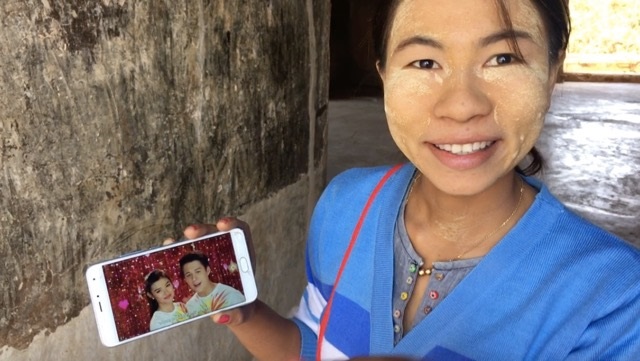FACT CHECK: OLD video passed off as scene from 8.8 magnitude quake in Russia
A video falsely claiming to show the devastation of the magnitude 8.8 quake that hit Russia on July 30 is circulating among Filipino netizens. This is false. The clip was taken in Myanmar last March.

